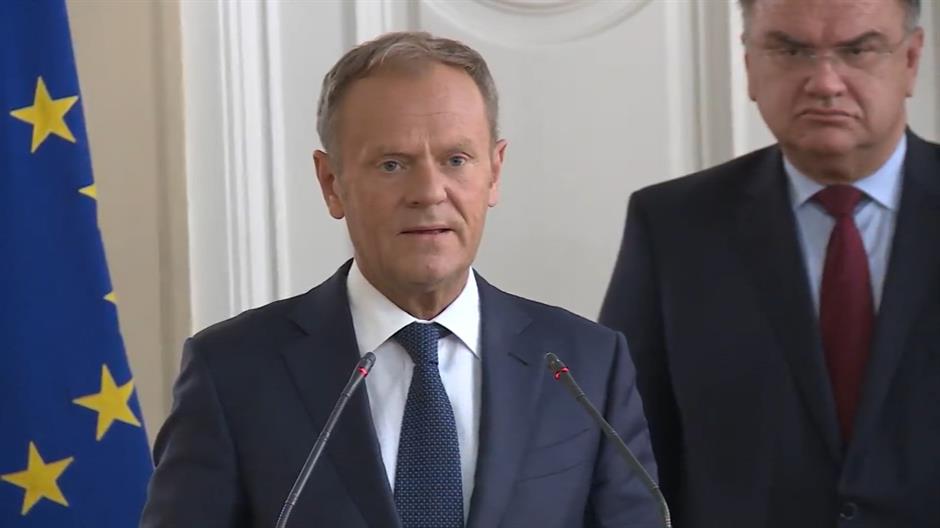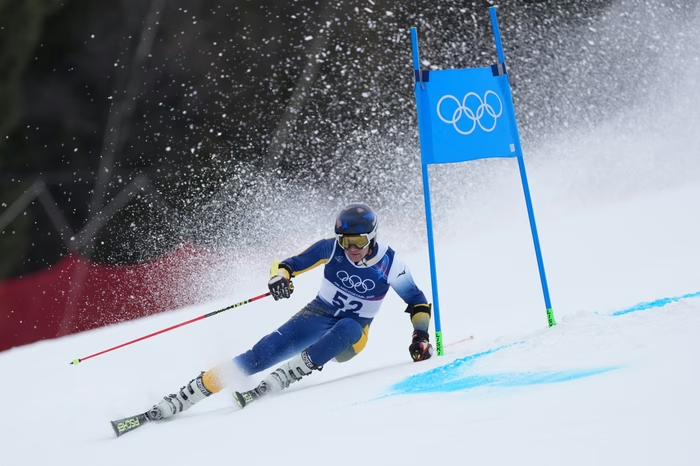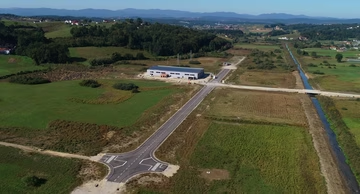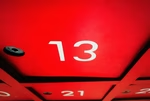
The European Union (EU) wants electoral reform deadlock to be solved in a way that would be in the best interest of your country, said European Council President Donald Tusk who met with members of Bosnia’s Presidency in Sarajevo on Thursday.
Oglas
Tusk’s statement came amid the political tensions triggered by disagreement over the changes to the Election Law, which have intensified over the last weeks. Political actors in Bosnia have been trying to reach a solution to the way in which the Constitutional Court’s decision referring to the electoral legislation would be solved but without success.
Following the meeting with the Bosnia’s Presidency members, Tusk also spoke about the upcoming EU-Western Balkans summit taking place in Sofia the next month. According to him, the European perspective of the region will be confirmed at this event.
“The EU is a partner to the Western Balkans, its biggest investor and donor," he added.
Oglas
Tusk further emphasized the importance of reconciliation and overcoming of ethnic and religious differences.
“European history teaches us that inter-ethnic, inter-religious tensions bring only pain and tragedy. European history also teaches us that reconciliation is possible even between sworn enemies, and brings peace, prosperity and a better life for everybody,” he concluded.
Bosnian Presidency Chairman Bakir Izetbegovic also addressed the joint press conference, stressing the importance of Tusk’s visit in terms of the upcoming Sofia summit.
“It is a historic chance to convey a strong message on European road of the countries of this region,” Izetbegovic said, adding that despite complex structure, Bosnia managed to make significant progress over the past three years.
Oglas
He noted that there was only one path for Bosnia – the European path. “We expect a positive opinion of the European Commission, we will answer the additional questions and we hope for the status of (the EU) candidate by 2018,” concluded Izetbegovic.
Bosnia submitted answers to the European Commission’s Questionnaire in late February this year, as part of the regular procedure that followed the application for the EU membership filed in February 2016.
Kakvo je tvoje mišljenje o ovome?
Učestvuj u diskusiji ili pročitaj komentare
Oglas
Kakvo je tvoje mišljenje o ovome?
Učestvuj u diskusiji ili pročitaj komentare
Oglas





 Srbija
Srbija
 Hrvatska
Hrvatska
 Slovenija
Slovenija


























































